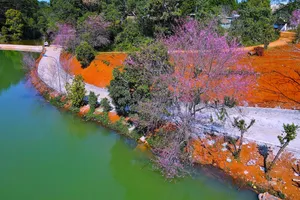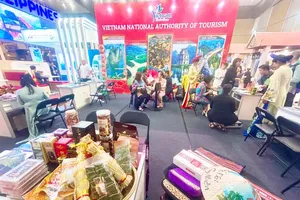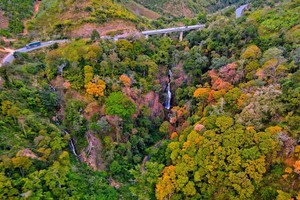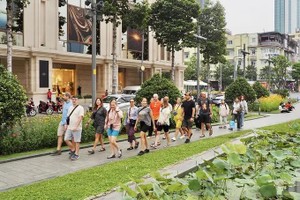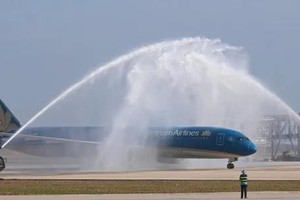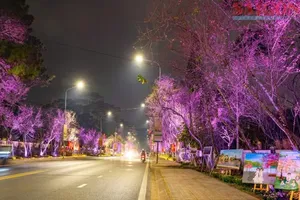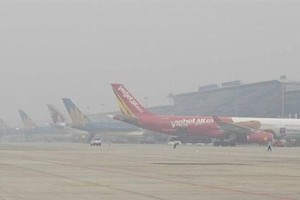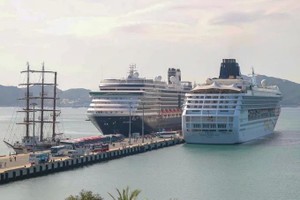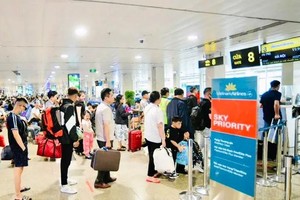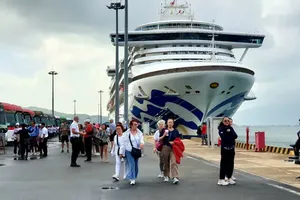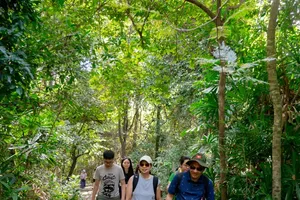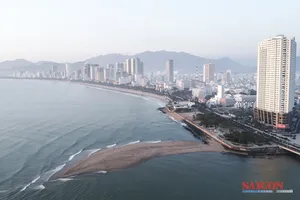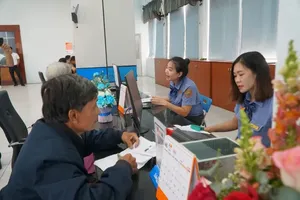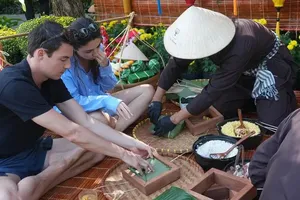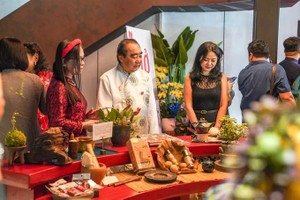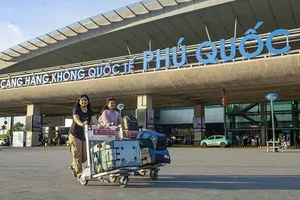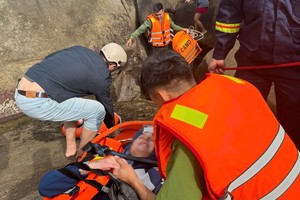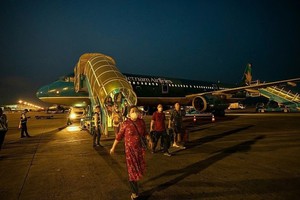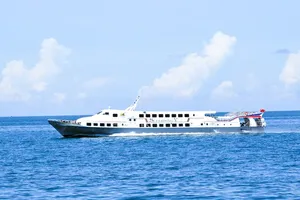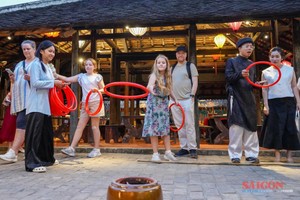Decree No.221/2025/ND-CP, issued on August 8, officially broadens visa exemptions for a special group of entrants. The list includes high-level guests; scholars, scientists, and experts; top-tier digital technology professionals; major investors and business leaders; cultural, artistic, sports, and tourism figures with positive influence; honorary consuls; and other individuals recommended by competent authorities. Holders of the special visa-exemption card are entitled to multiple entries, with each stay lasting up to 90 days. The exemption is valid for up to five years but must expire at least 30 days before the passport itself.
A mechanism once regarded as an administrative hurdle is now being transformed into a strategic bridge. Visa policy has become a form of “soft leverage” that many advanced economies have long used to great effect—and Vietnam is stepping into this game at the right moment. Harnessing the natural influence of “inspirational figures” such as politicians, artists, athletes, investors, and global experts enables Vietnam to promote its image efficiently, saving costs that could otherwise run into millions of US dollars.
An international artist on tour, a world-class football team playing a friendly match, or a travel blogger with millions of followers embarking on a trans-Vietnam journey—all create organic, far-reaching media effects that are virtually free. This is how Vietnam can shape an image of a modern, open, and globally integrated nation on international media and social platforms.
In the short run, the policy will bring in international travelers with strong purchasing power, boosting tourism revenue. In the long run, it positions Vietnam as a cultural, sports, and economic hub in the region. Easier entry for investors and experts also promises to spur capital inflows into high-end entertainment and leisure projects, raising the overall quality of Vietnam’s tourism services.
Still, opportunities always come with challenges. This privileged group of visitors has extremely high expectations—ranging from fast-track immigration, privacy, and premium accommodation to the professionalism of events. If actual experiences fall short, the advantages of the policy will quickly fade and could even backfire. A poor experience by a well-known travel blogger could do more damage to Vietnam’s image than any costly advertising campaign could repair.
This demands proactive action from the tourism industry, government agencies, and businesses. The policy itself is merely an “open door”; turning it into a “real opportunity” depends on preparation. Tourism companies need to immediately design tailored, premium service packages and work closely with event organizers to attract international delegations. Upgrading infrastructure, training specialized personnel, and establishing a seamless coordination mechanism will be crucial. If effectively leveraged, Vietnam can become known—and remembered—worldwide for major cultural and sporting events, as well as inspiring stories.
